Is Your Collision Repair Facility Equipped for Aluminum Repair Demand?
With more aluminum vehicles on the road, the opportunity to perform repairs on this metal has increased substantially. What’s pulling into your lot these days? And are you prepared to service aluminum vehicles?

Health & Safety: Getting at the Root
Shop owners need to ask four questions when recording a workplace incident or accident.
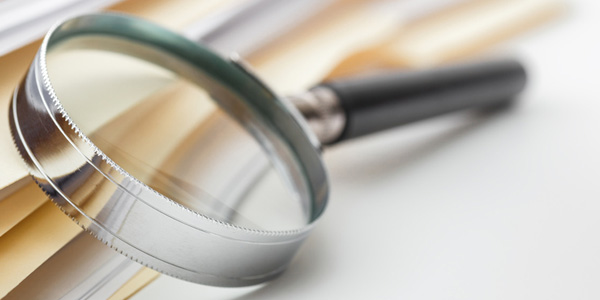
Health & Safety: Six Steps to Creating a Successful Hazard Communication Program
Has everyone in your shop been trained on the hazardous chemicals they’re exposed to on a daily basis?

Health & Safety: Creating a Successful Hazard Communication Program
Has everyone in your shop been trained on the hazardous chemicals they’re exposed to on a daily basis?
Health & Safety: Keeping Your Records Straight
How OSHA’s new recordkeeping rule may affect you and your shop.
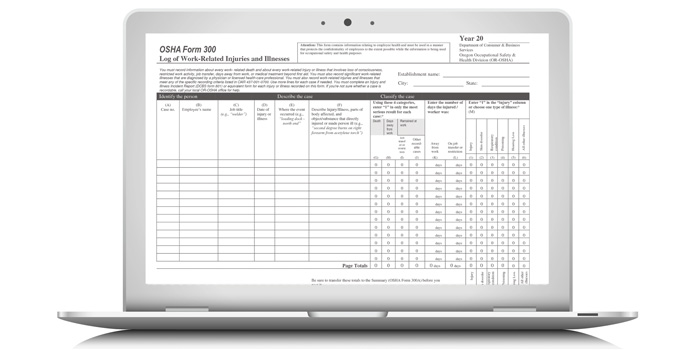
3M Automotive Aftermarket Division’s New Total Automotive Sanding System
The 3M Total Automotive Sanding System is designed and equipped for three specific areas of today’s collision shop – body repair, paint prep and paint finishing.
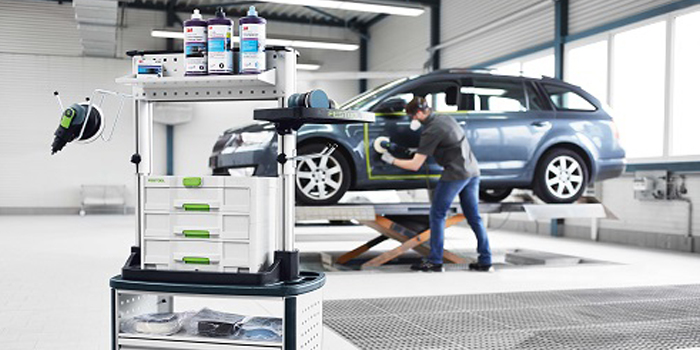
Honda Releases Position Statement on Post-Collision Scan and Calibration Requirements
Honda states all vehicles involved in a collision (defined as damage that exceeds minor outer panel cosmetic distortion) must have certain minimum diagnostic scans, inspections and/or calibrations done to avoid improper repair.
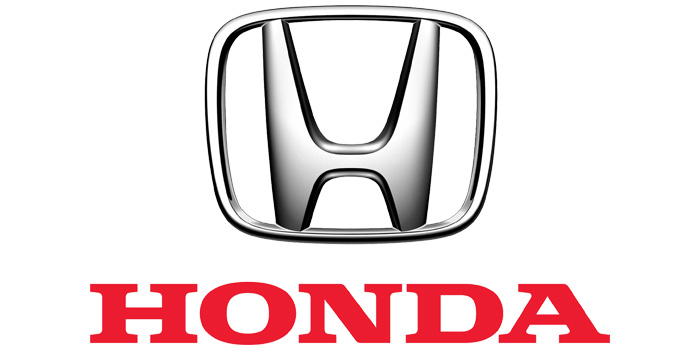
Health & Safety: Respirators – The VIP of PPE Part II
In a shop, workers are exposed to several different hazards that require the use of a respirator, but the choice of respirator determines the effectiveness of the protection.
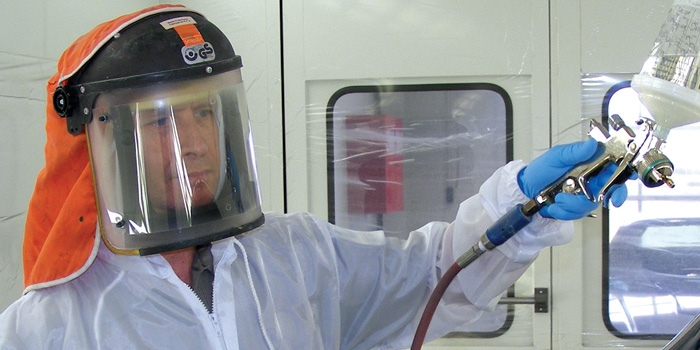
Safety Guide: Creating a Safety Culture for a Competitive Edge
What can auto repair companies do to attract, hire and retain young talent? The first step is to learn what’s important to them.

Health & Safety: Respirators – The VIP of PPE
Painters in collision repair shops have the heaviest exposure to isocyanates, but technicians can be exposed to them around the shop as they’re mixing paints, cleaning paint guns, cleaning spills and breathing in paint mists. That’s why respirators are a must.

